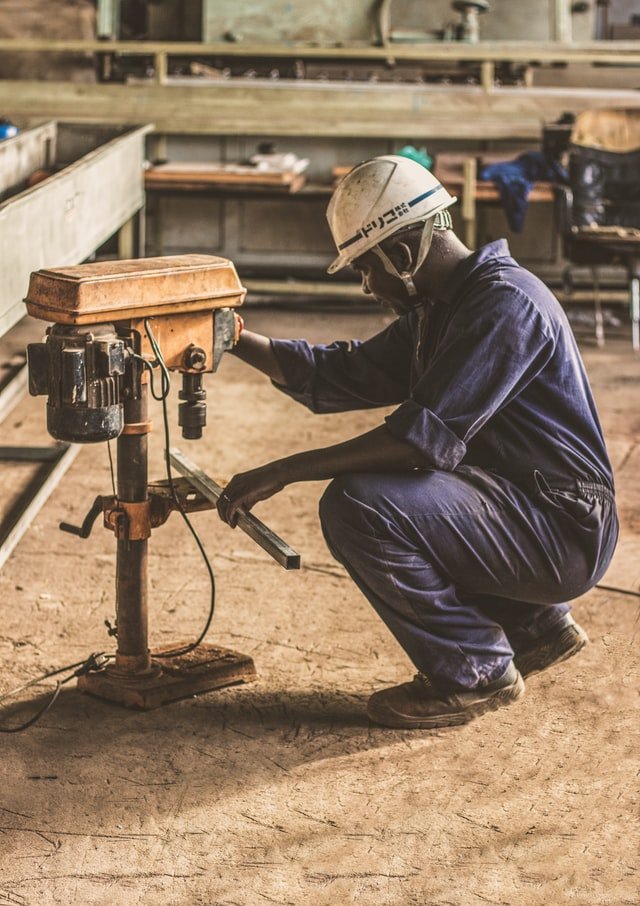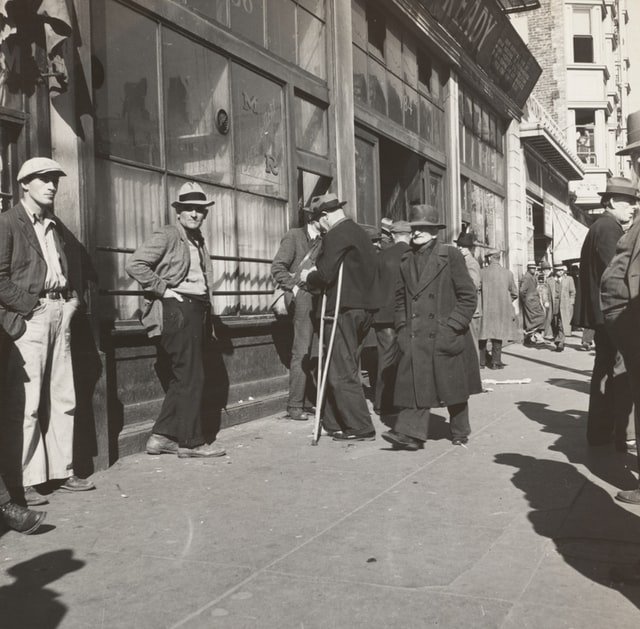Clients often say something like:
- I have a workmans comp claim?
- Do you do workmans comp?
- I need help with my workmans comp claim.
I usually jokingly reply with something like, “well I’m not sure what workmans comp is, but I can definitely help you with a workers’ compensation claim!” I am not sure how or why workers’ compensation came to be commonly known in Montana as “workmans comp” but the technical term is workers’ comp. My best guess is people get tired of trying to figure out where to put the apostrophe (me too!).

Somewhere along the line workers’ compensation became commonly referred to as workmans comp. It is an antiquated, gender exclusive, term that is no longer used in the profession of handling workers’ compensation claims. Other states may use “workmans comp” in a professional setting, but in Montana it is not used. In Montana we refer to it as workers’ compensation, or for short, work comp.
To be fair, I’m being picky here. It really doesn’t matter whether you refer to it as workmans comp, workman’s comp, workmans’ comp, work comp, or workers’ compensation. I certainly understand what you are referring to and you will quickly learn the process is not fun. Work comp claims are very difficult emotionally, financially, and physically. If you have a claim that means you were physically hurt, perhaps seriously, you may have lost your job temporarily or permanently, medical bills are mounting, and you might be permanently impaired. It is not a lighthearted process.
I get very upset when people refer to an injured worker, or work comp in general, in a negative light. We are talking about a person who is hurt and cannot work. No one in their right mind would choose to be crippled over having their health and job. I see and talk to my clients on a daily basis and I can assure you they are not happy about having a work comp claim. Oftentimes a person who is injured and unemployed becomes depressed and withdrawn.
The money someone receives through a work comp claim, which is significantly less than the person was making pre-injury, is no real consolation. Work comp is not a handout, it is at most and inadequate bandaid for someone who is in a bad situation, financially and physically.
Workmans Comp Laws ( I mean workers’ comp!)
Work comp laws are found at Title 39, Chapter 71, of the Montana Code annotated. The Montana Legislature writes the work comp laws, and can alter and amend the laws as desired. Unfortunately for injured workers, this typically means that the Legislature takes a hatchet to the work comp laws every 2 years, further cutting benefits from the injured workers.

Sure, work comp costs money, but statistics show that the cost of workers’ compensation is more significantly impacted by the number of injuries, not the cost of each claim. Yet, the Legislature’s solution to lower costs is almost always to just take money from the injured workers, and give that money to insurance companies. It’s easier than doing what actually should be done – – focusing on safer work environments.
Employers Hate Work Comp Claims
Continue with the theme of the general public looking down on work comp victims, employers also hate work comp claim. Employers often blame the injured workers, even though many injuries are caused by the employers shoddy training, materials, safety equipment, and unsafe work environment. Employers also often push employees beyond their safe capabilities, forcing them to do work that causes injury. Then, the employer gets upset at the injured worker for filing a claim, even though claim filing is mandatory.
If your employer takes adverse action against you do to a work comp claim or disability, there are remedies including the Human Rights Bureau and Wrongful Discharge from Employment Act.
If you have a workers’ compensation claim (or workmans comp claim!) contact an expert lawyer. An experienced lawyer can makes sure you get the benefits you deserve.

